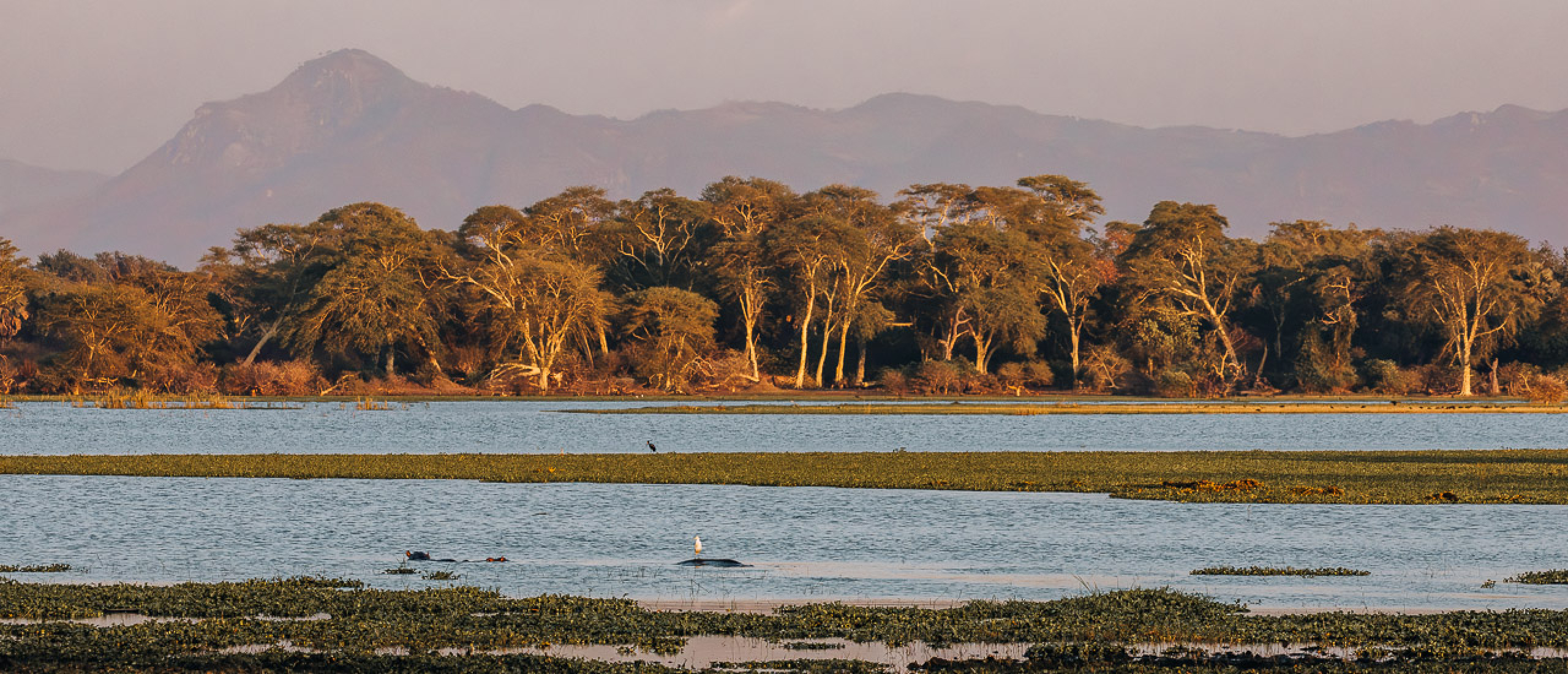
While exploring three important parks in Malawi, the heart of Africa's natural wonders, I learned a lot about the amazing conservation triumphs of African Parks in Malawi. Without this organization, Malawi wouldn't be the acclaimed wildlife destination it is today and it definitely wouldn't welcome so many travelers from around our planet.
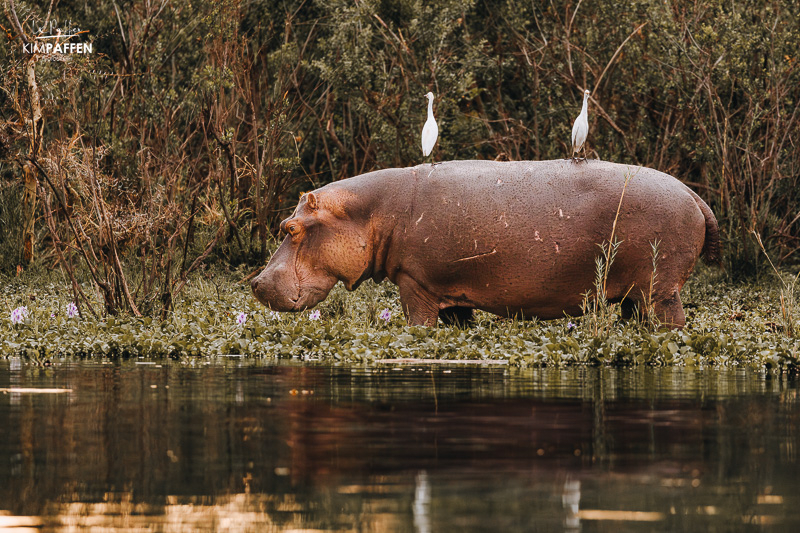
In this article, I highlight the transformative work of African Parks in three of Malawi's hidden gems: Majete, Liwonde, and Nkhotakota. These parks in Malawi, once struggling, now stand as testaments to the incredible conservation efforts spearheaded by African Parks, an organization dedicated to preserving the continent's biodiversity. And, in line with that, the conservation efforts of African Parks have also resulted in more employment opportunities for the surrounding communities and an increase in tourists.
So, why are these parks worth visiting and how can you contribute to African Park's conservation efforts? Let's dive into the lush landscapes, vibrant ecosystems, and awe-inspiring wildlife that await you when visiting Malawi!
Majete Wildlife Reserve: A Phoenix Rising
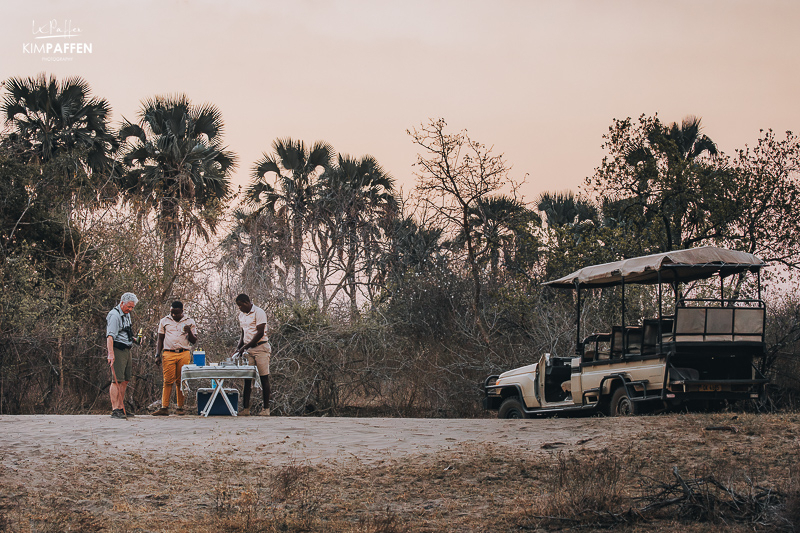
Majete Wildlife Reserve, situated in the south-western part of Malawi, is a captivating haven that narrates an inspiring tale of resurgence and restoration, achieved through a collaborative effort between the local government of Malawi and African Parks Network since 2003. Nestled in the Lower Shire Valley, approximately 70km from Blantyre's Chileka International Airport, Majete is easily accessible and offers a unique wildlife experience amidst the scenic landscapes of South Malawi.
The Restoration Magic of African Parks
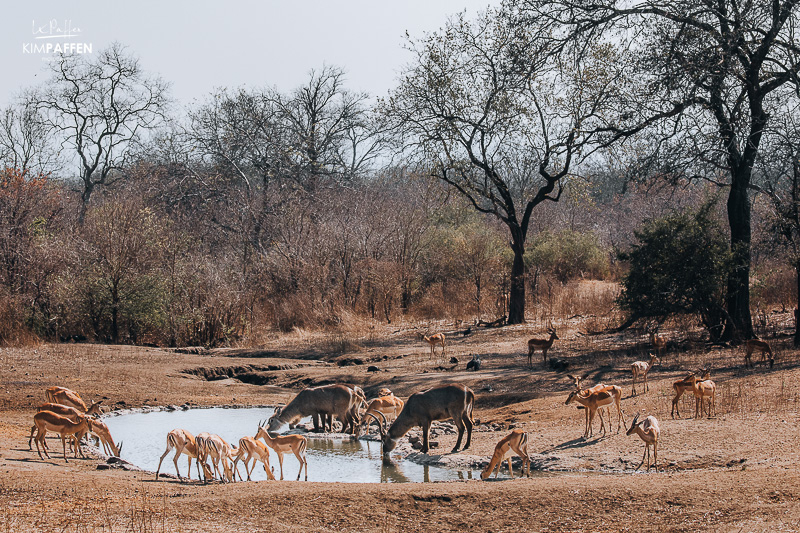
Majete Wildlife Reserve, once plagued by poaching and habitat loss, underwent a remarkable transformation under the meticulous care of African Parks. It's like witnessing a phoenix rising from the ashes! With the reintroduction of key species, such as black rhinos, elephants, lion, cheetah and wild dogs, the park has regained its ecological balance, provides employment and welcomes tourists from around the globe.
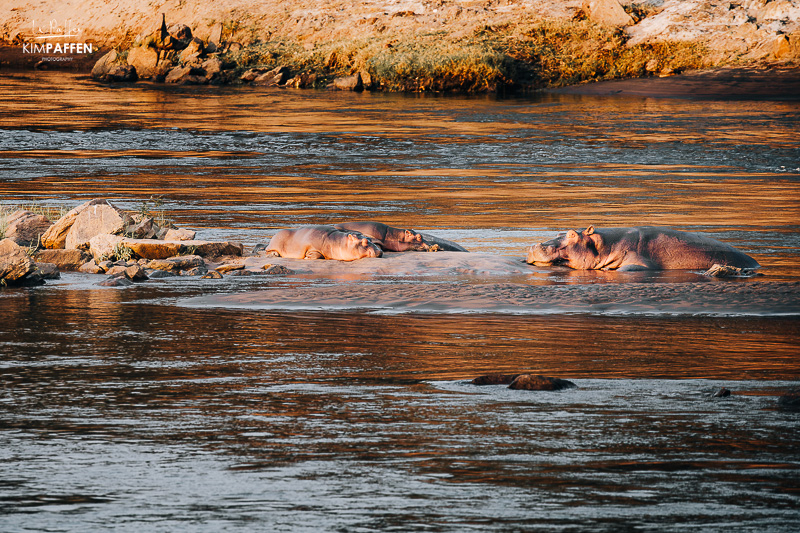
- Rhino Reintroduction: Majete, thanks to African Parks, is now home to a thriving population of black rhinos. Witnessing these magnificent creatures roam freely is an experience like no other.
- Anti-Poaching Success: African Parks implemented state-of-the-art anti-poaching measures, turning Majete into a safe haven for wildlife. You can explore the park with peace of mind, knowing that its residents are protected.
- Elephant Translocation: Witnessing substantial growth, the elephant population in Majete enabled the translocation of 200 individuals to Nkhotakota Wildlife Reserve in 2017, playing a crucial role in the "500 Elephants" initiative.
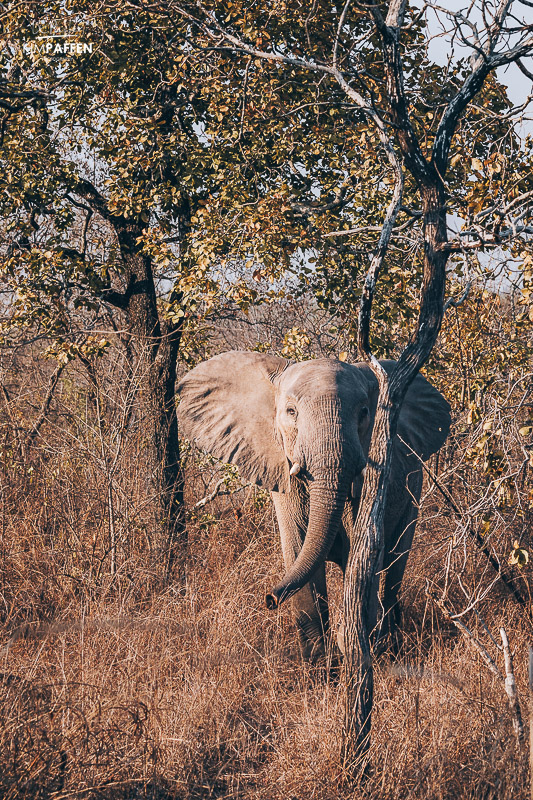
- Community Empowerment and Economic Impact: Majete now serves as a significant source of value, creating employment opportunities for hundreds and fostering the well-being of thousands within local communities through education, healthcare, and socio-economic support. Examples of community-led projects are beekeeping and fish farming.
- Wildlife Prosperity: With the reintroduction of more than 3,000 animals from 17 species, the reserve has experienced a revival, with thriving wildlife populations contributing to its status as a sought-after wildlife destination. The birth of nine wild dog pups and five giraffe calves has contributed to thriving populations. A biennial aerial census in November 2022 revealed a remarkable surge, with over 12,000 animals now calling the reserve home, showcasing an impressive 10% increase since 2020.
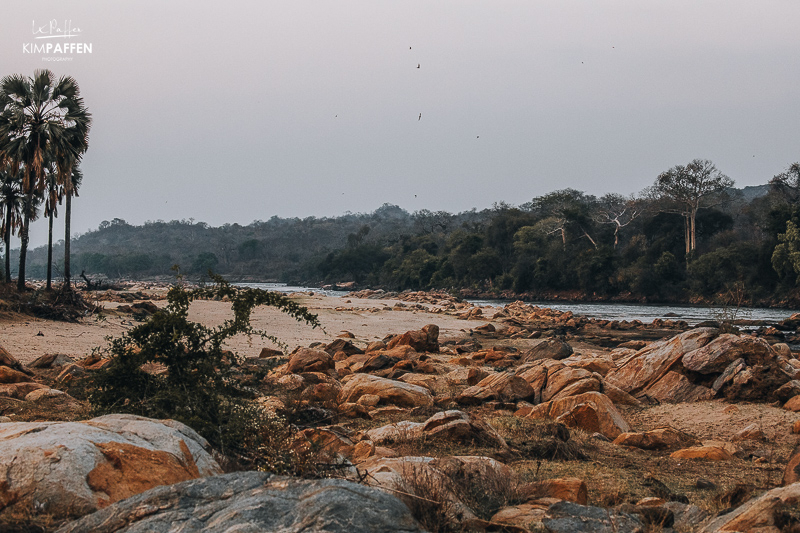
- Global Recognition for Malawi: Majete's success story has not only revitalized the reserve itself but has also elevated Malawi's standing on the global stage as an acclaimed wildlife destination for tourists from around the world.
Why Visit Majete Wildlife Reserve?
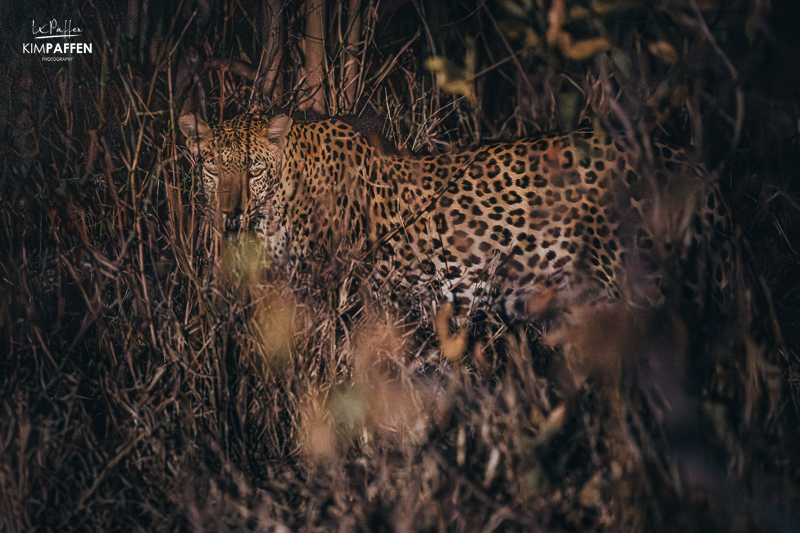
- Diverse Wildlife: From majestic elephants to elusive leopards, Majete hosts a diverse range of wildlife. African Parks' conservation efforts have created an environment where animals can flourish.
- Stunning Landscapes: Majete's landscapes are a photographer's dream. Rolling hills, meandering rivers, and dense forests provide a picturesque backdrop to your safari adventure. Their hides also offer great wildlife photography opportunities. You don't have to go far to experience the beauty of Majete. If you stay at Robin Pope's Mkulumadzi Lodge, you have first-class views of the Shire River.
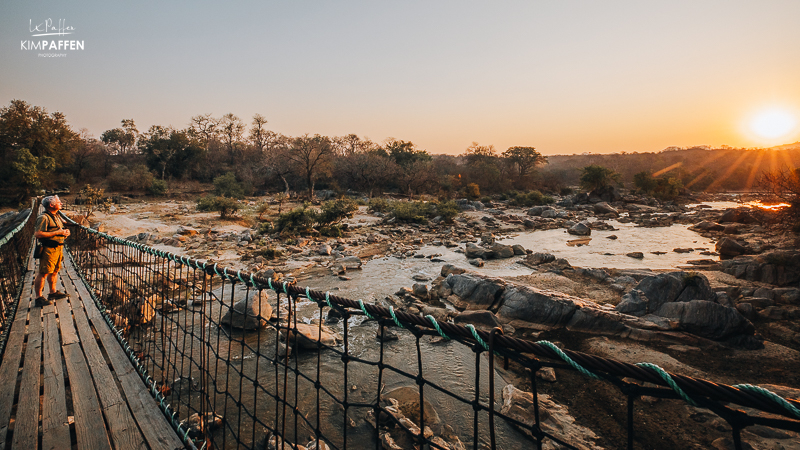
- Community Involvement: African Parks works hand-in-hand with local communities, ensuring that the benefits of conservation extend beyond the park boundaries. Engage with the locals and learn about their unique way of life.
Liwonde National Park: Where the Shire River Unveils its Secrets
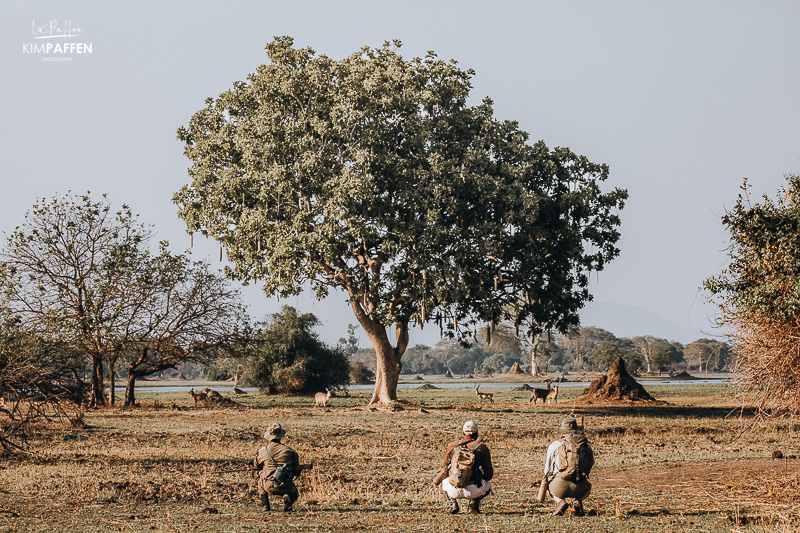
Liwonde National Park is Malawi's most enchanting wildlife park, located in southern Malawi near Lake Malawi and the Shire River. Liwonde is situated approximately 140 km north of Limbe and is renowned as Malawi's premier wildlife destination. Spanning 550 square kilometers and bordered by Lake Malombe, this nature reserve encompasses diverse landscapes with breathtaking views and is home to abundant wildlife.
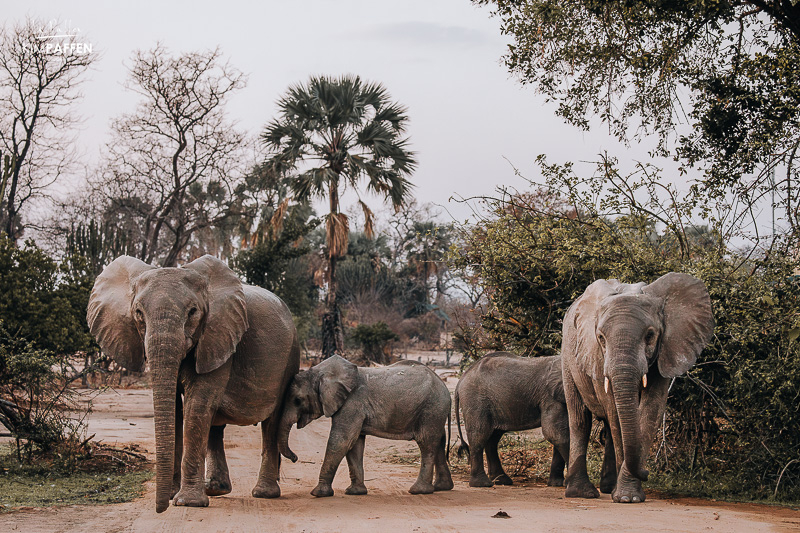
Since 2015, Liwonde is managed by African Parks in partnership with the Department of National Parks and Wildlife (DNPW). Since then, more than 40,000 wire snares were removed and animal species got reintroduced. They also worked on the human-wildlife conflicts in the region.
In 2017, African Parks began re-establishing Liwonde’s predator population by bringing back cheetah, which had been absent from the park for a century. This was followed in 2018 by a founder population of lion, and wild dog in 2021.
Conservation on the Riverbank
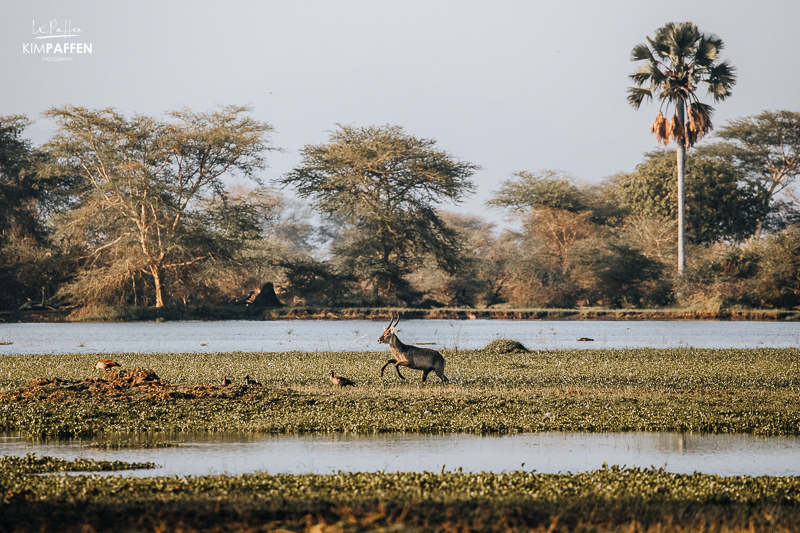
Nestled along the Shire River, Liwonde National Park is a testament to African Parks' commitment to protecting aquatic ecosystems. The park's rejuvenation efforts extend from the riverbanks to the lush savannah, creating a haven for both land and water-based species.
- Waterfront Wonders: Thanks to the Shire River, Liwonde offers a unique safari experience. Glide along the water, spotting hippos, crocodiles, and a myriad of bird species. African Parks' focus on water conservation makes Liwonde a must-visit for aquatic enthusiasts.
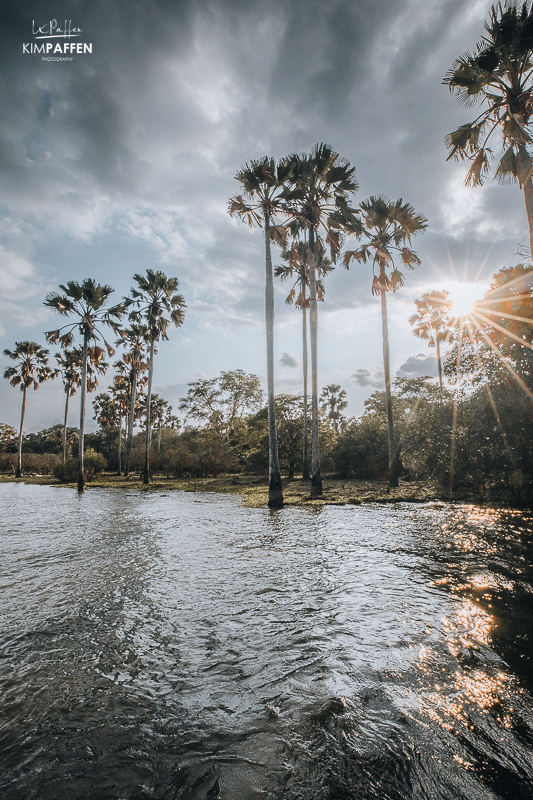
- Elephant Translocation Triumph: Liwonde witnessed the successful translocation of over five hundred elephants, relieving pressure on overcrowded habitats. It's a story of hope and resilience, brought to you by African Parks. In 2022, they translocated 263 elephants from Liwonde to Kasungu to alleviate pressure on Liwonde while establishing a sustainable elephant population in Kasungu, marking the second-largest elephant translocation to date.
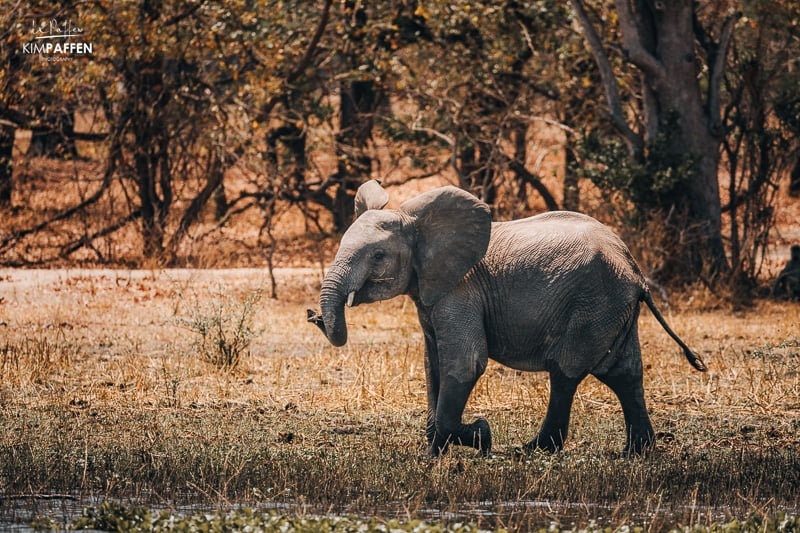
- Predator reintroduction: In 2017, African Parks reintroduced cheetah, lion and wild dog.
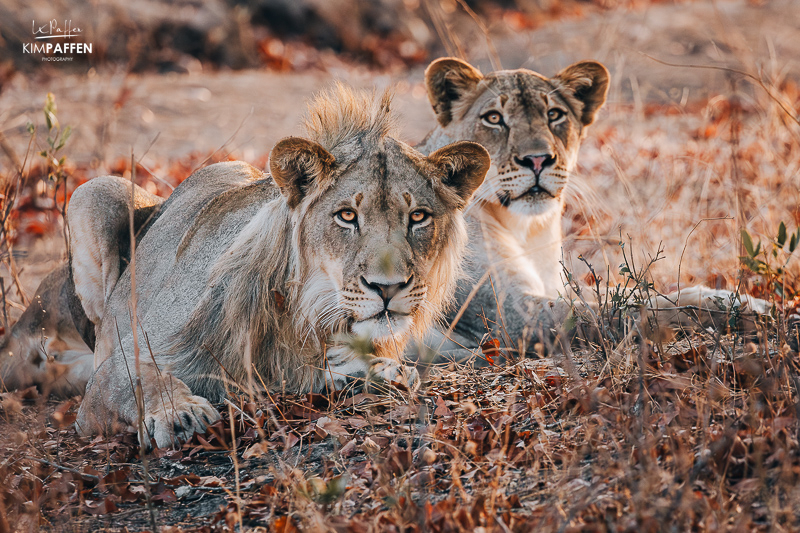
- Poaching Control: Zero reports of rhino or elephant poaching have been recorded for four consecutive years, indicating successful efforts in controlling poaching activities.
- Ranger Training Centre in Liwonde: Liwonde's ranger training centre serves as a crucial hub for training rangers not only in Malawi but also across the continent, emphasizing the park's role in wildlife protection.
- Spicy Farmers Project: The Spicy Farmers project, yielding nine tonnes of chillies, has contributed to reducing human-elephant conflicts through the innovative 'chilli elephant barrier.'
- Tourism Growth (2021-2022): Tourism revenue witnessed an impressive almost threefold increase from 2021. This positive trend benefits not only Liwonde but also local lodges like Mvuu Lodge, small businesses, and informal traders around the park.
Why Visit Liwonde National Park?
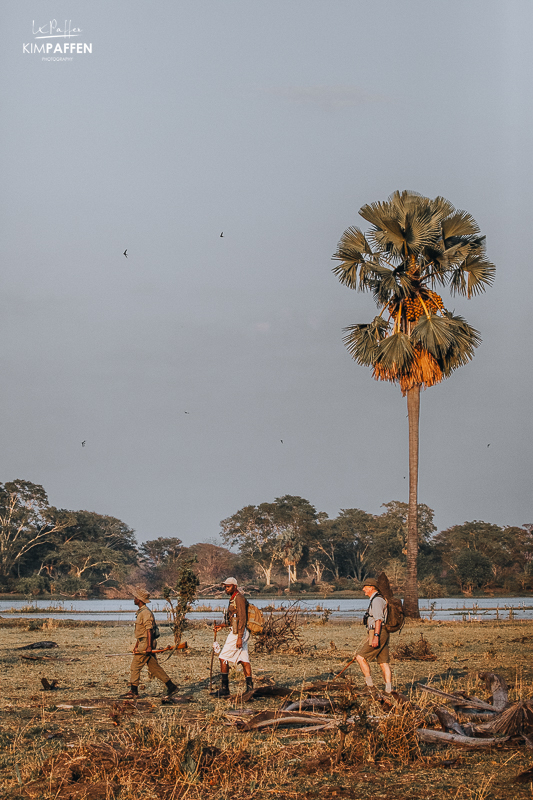
- Boat Safaris: Liwonde's Shire River is the lifeline of the park. The juxtaposition of water and land creates a dynamic landscape, offering unparalleled wildlife viewing opportunities. A top tip is going on a sunset boat safari where the sky and waters turn into the orange colors of the setting sun.
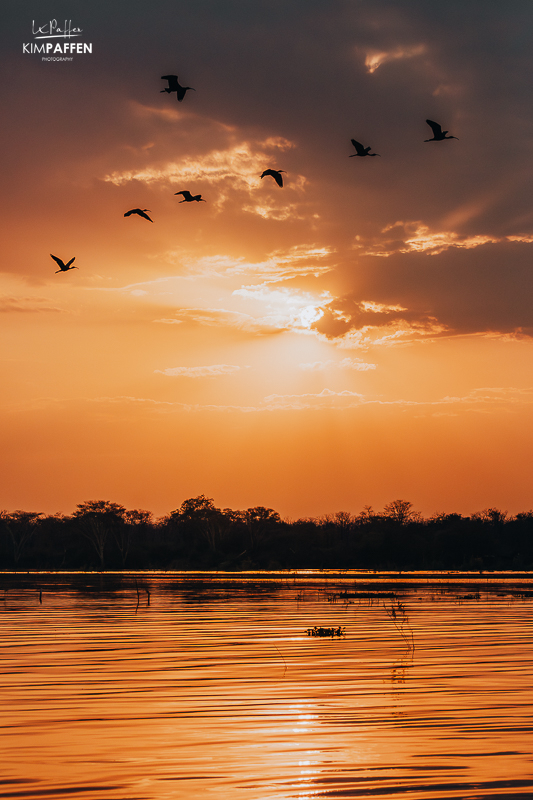
- Birdwatcher's Paradise: With over 400 bird species, Liwonde is a haven for birdwatchers. Spot rare and endemic species while enjoying the serenity of the riverbanks.
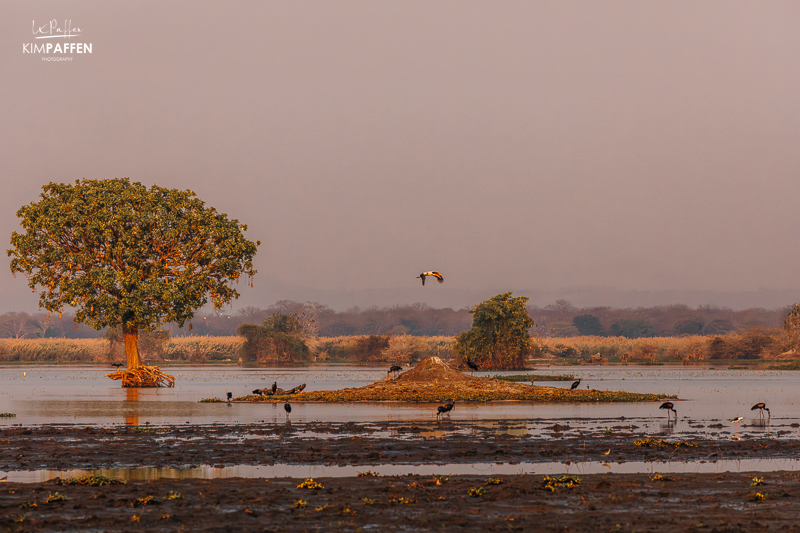
- Conservation in Action: Witness firsthand the impact of conservation initiatives on both terrestrial and aquatic ecosystems. African Parks' holistic approach makes Liwonde a living laboratory of successful conservation strategies.
Nkhotakota Wildlife Reserve: A Wilderness Reborn
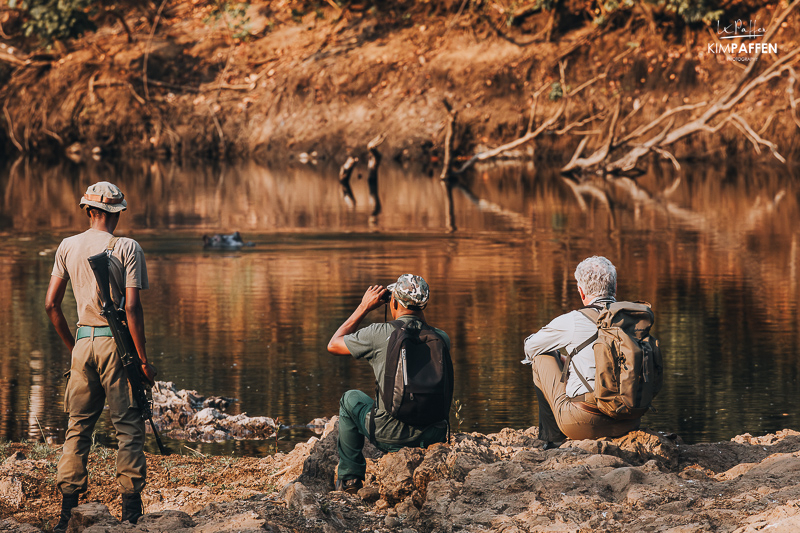
Nkhotakota Wildlife Reserve is the largest and oldest reserve in Malawi, situated in the eastern part of Malawi on the shores of Lake Malawi. Covering an expansive 1,800 km², it is perhaps the most rugged and least-known reserve in Malawi. This densely wooded area, located in Central Malawi, is just a short distance from the Chipata mountain. The reserve is positioned about three hours from Lilongwe, approximately 10km off the M5, which runs along the shores of Lake Malawi.
From Crisis to Conservation
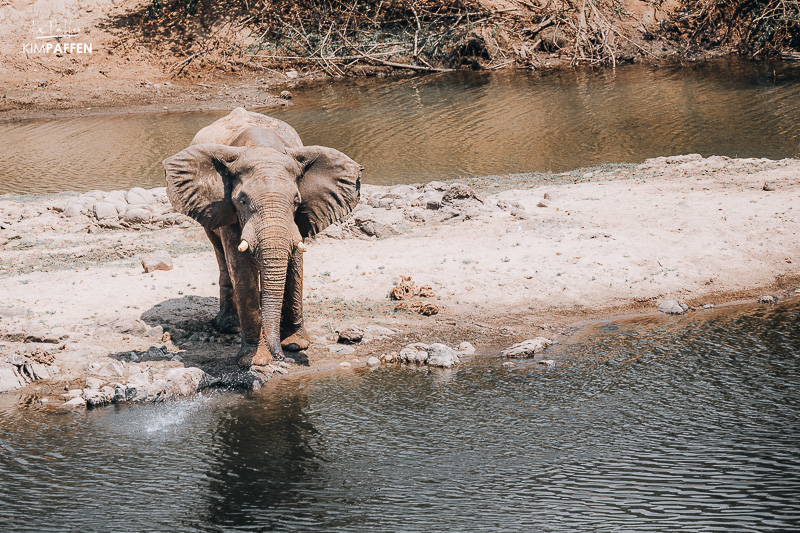
Nkhotakota Wildlife Reserve, once decimated by illegal logging and wildlife trafficking, has undergone a dramatic revival thanks to African Parks' relentless efforts. As you enter the park, you can already see African Parks is very busy. End of 2023, the main entrance gate was under construction and there's good fencing around the reserve. Signposting is great and you can see lots of tsetse traps throughout the reserve. The wildlife reserve is a living example of how a wilderness can be reborn through strategic conservation measures.
- Tree Planting Initiatives: African Parks initiated large-scale tree planting projects, combating deforestation and restoring the natural habitat. It's a green revolution in the heart of Malawi where the community in the Nkhotakota regions plays a crucial role in this environmental conservation project where over 84,000 fruit and indigenous trees have been planted.
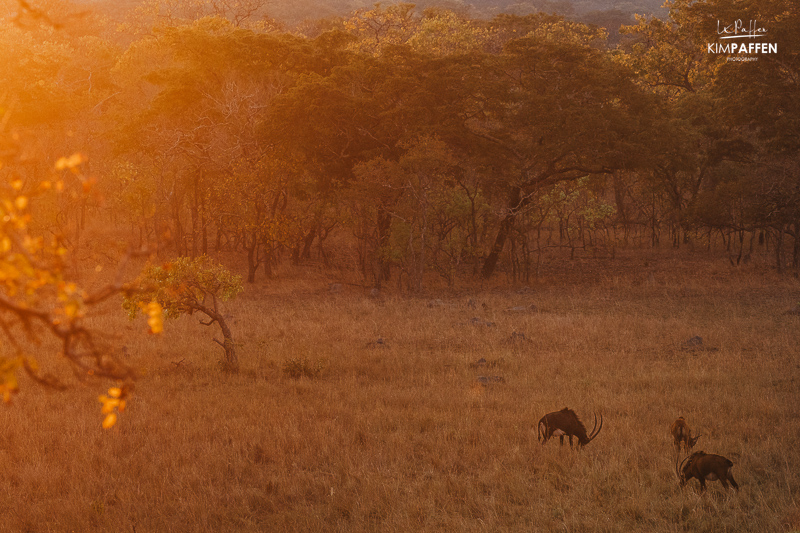
- Wildlife Reintroduction: Lions and elephants once again roam freely in Nkhotakota, marking the successful reintroduction efforts led by African Parks. In 2022, African Parks introduced over 800 animals from nine species, including 15 hippos. The reserve is returning to its former glory.
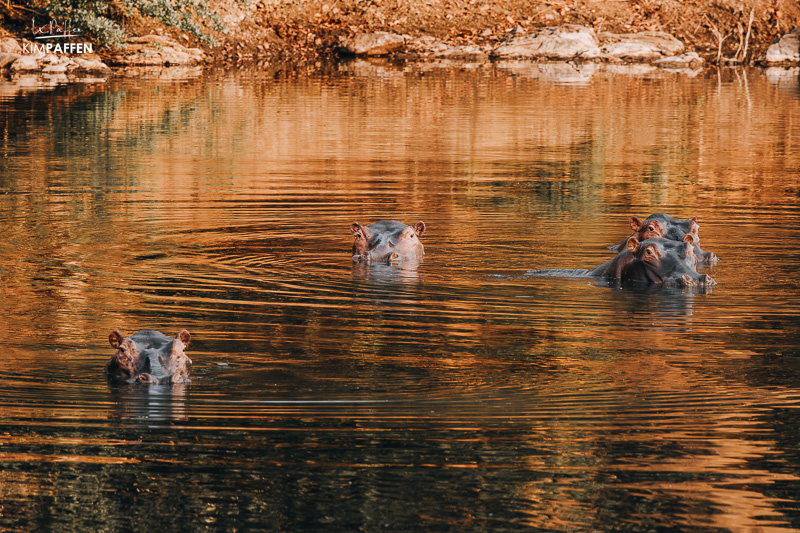
- Increased Wildlife Sightings: Over the past few years, there has been a notable increase in wildlife sightings within the reserve, creating a more vibrant and thriving ecosystem. I personally spotted eland, elephant, hippo, wild pigs and other antelopes.
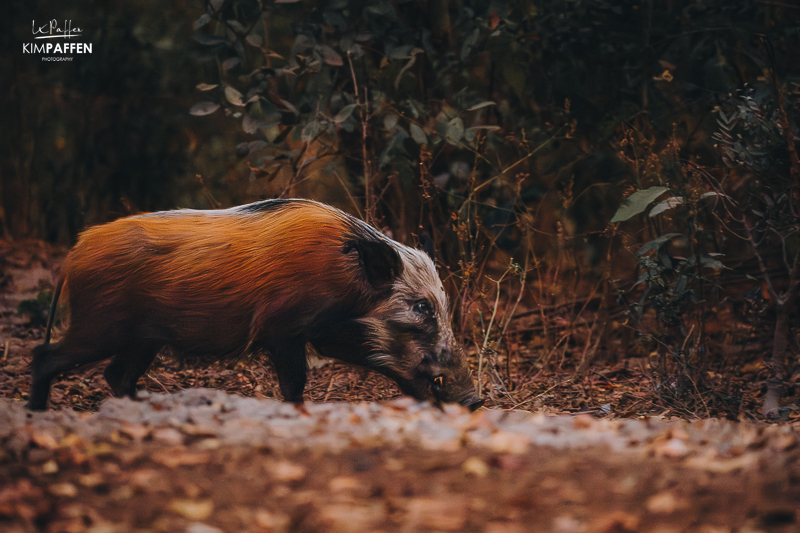
- Livelihood Improvement: The reserve's commitment to job creation and enterprise initiatives has resulted in the enhancement of livelihoods for over 9,000 community members around Nkhotakota. This holistic approach ensures that conservation efforts positively impact local communities.
Why Visit Nkhotakota Wildlife Reserve?

- Untamed Wilderness: Nkhotakota is an untamed paradise, offering a glimpse into the unspoiled beauty of Malawi. Explore vast landscapes, dense forests, and pristine rivers. Opt for a game drive, view wildlife from their hides or relax and enjoy nature from the private patio of your lodge, for example Tongole Wilderness Lodge.
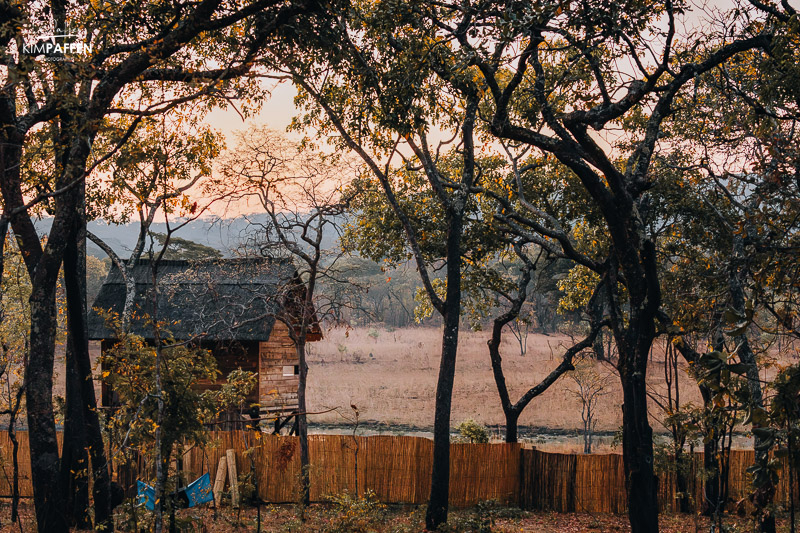
- Adventure Awaits: For those seeking a true wilderness experience, Nkhotakota delivers. Trek through the reserve on a walking safari together with a guide and African Parks ranger, camp under the stars, and connect with nature in its purest form. Nkhotakota is a dark-sky reserve, and therefore a great place to observe the night sky, watching the stars and planets, or photographing the milky way.
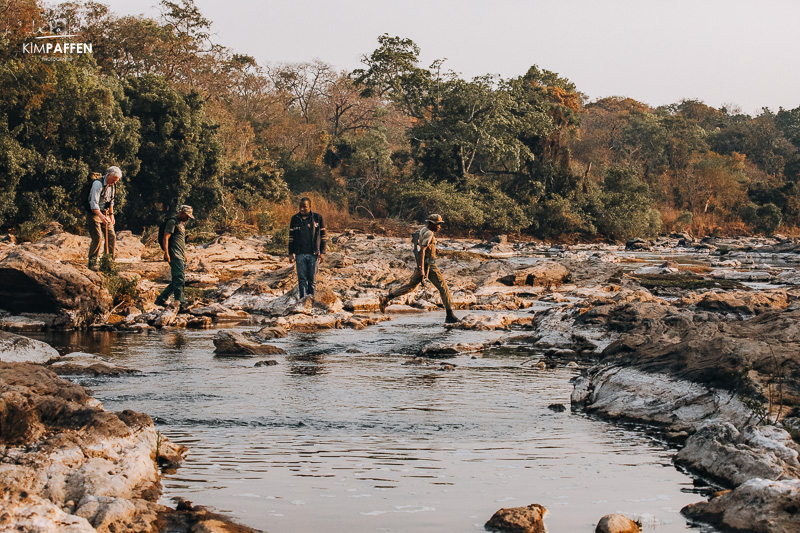
- Conservation Education: African Parks prioritizes education and awareness. Visitors to Nkhotakota can participate in educational programs, gaining insights into the challenges of conservation and the triumphs of revival.
FAQs: Your Guide to an Unforgettable Safari in Malawi
Q1: How do I get to these parks?
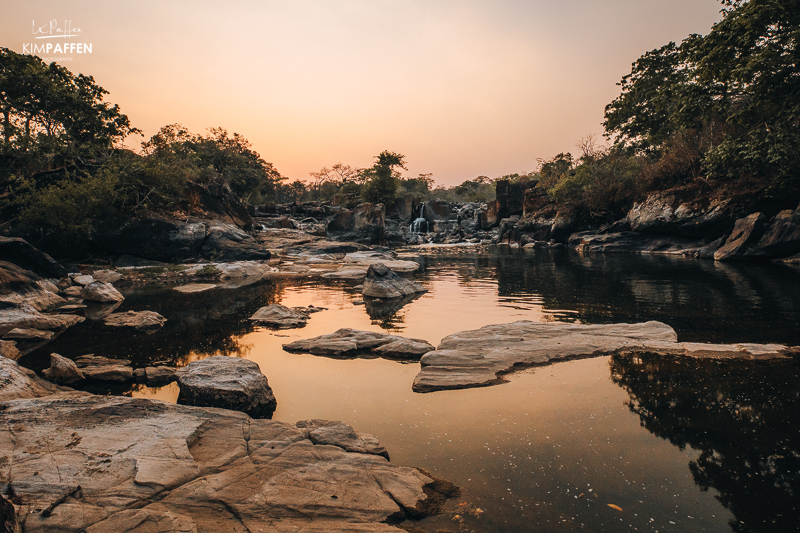
Malawi has a well-connected network of roads. You can access Majete, Liwonde, and Nkhotakota by both road and air. Domestic flights and guided tours are popular options.
Q2: Is it safe to visit these parks?
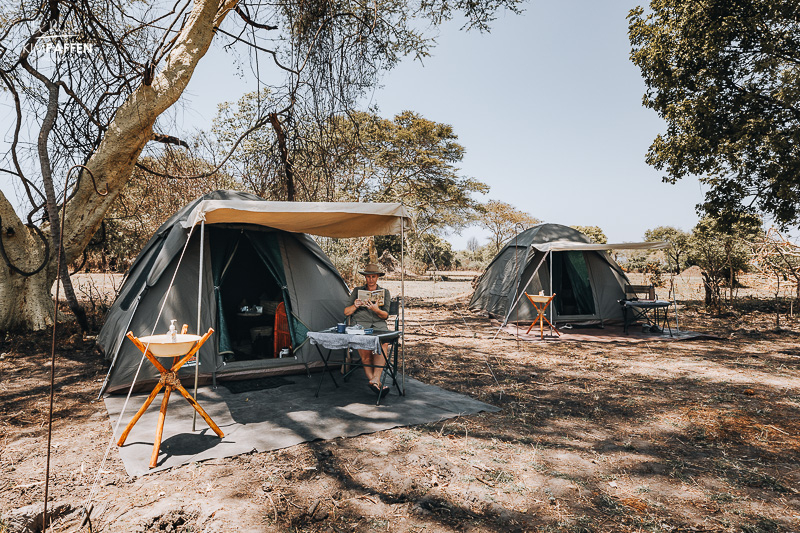
Absolutely! African Parks has invested heavily in security measures. These parks are now safe havens for wildlife and visitors alike.
Q3: What's the best time to visit?
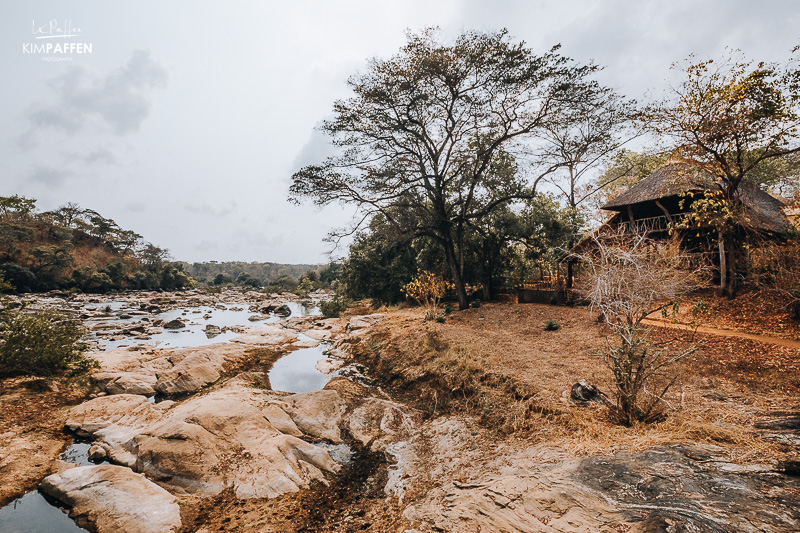
The dry season (May to October) is ideal for wildlife sightings. However, each park has its unique charm throughout the year. I visited Malawi in October. It's one of the best months to spot wildlife and you often find the animals gathering at the waterholes, but it's also the hottest month for safari in Malawi with an average of 40 degrees in Majete.
Q4: Are there accommodation options within the parks?
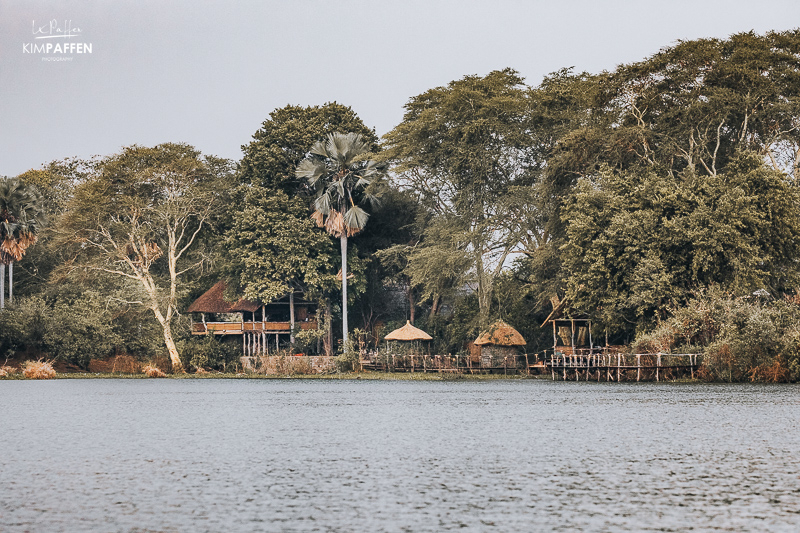
Yes, each park offers various accommodation options, ranging from luxury lodges to camping sites. Plan according to your preferences and budget. My article about the best places to stay in Malawi can help you find an eco-friendly accommodation within Majete, Liwonde and Nkhotakota.
Visit Malawi and Contribute to African Park's Conservation Efforts
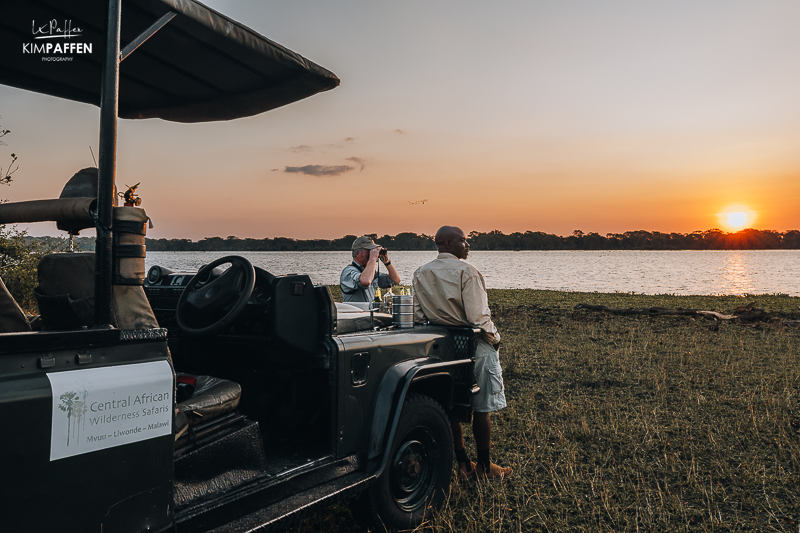
In conclusion, the work of African Parks in Majete, Liwonde, and Nkhotakota is nothing short of extraordinary. These parks, once teetering on the brink of ecological collapse, now stand as beacons of hope and resilience. By visiting them, you not only witness the wonders of African wildlife but actively contribute to the ongoing conservation efforts. Want to donate more? Check out how you can help and donate to African Parks.
So, pack your bags, grab your camera, and immerse yourself in the untamed beauty of Malawi's parks. The work of African Parks has turned these once-struggling landscapes into flourishing ecosystems, and your visit is a celebration of that success. Visit Malawi to contribute to these conservation efforts, and let the magic of Majete, Liwonde, and Nkhotakota captivate your senses!

